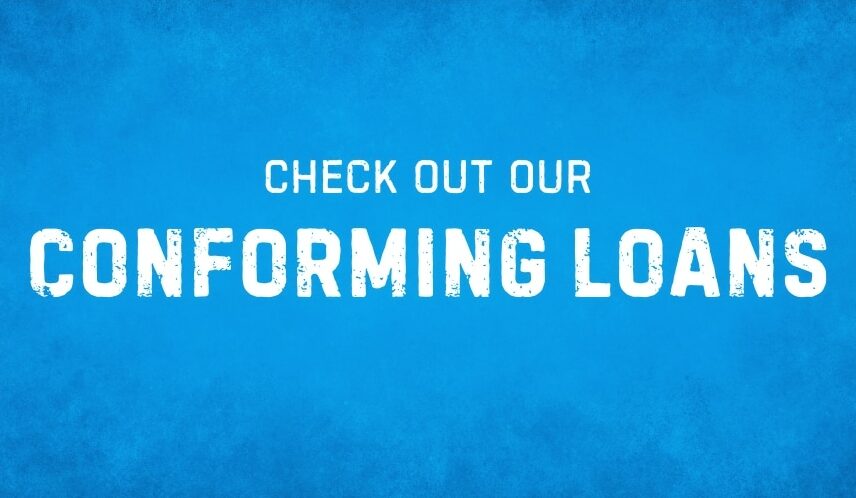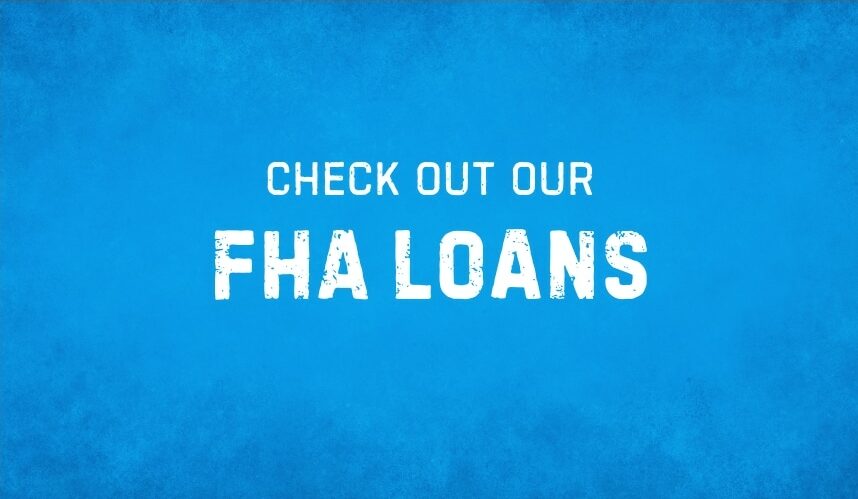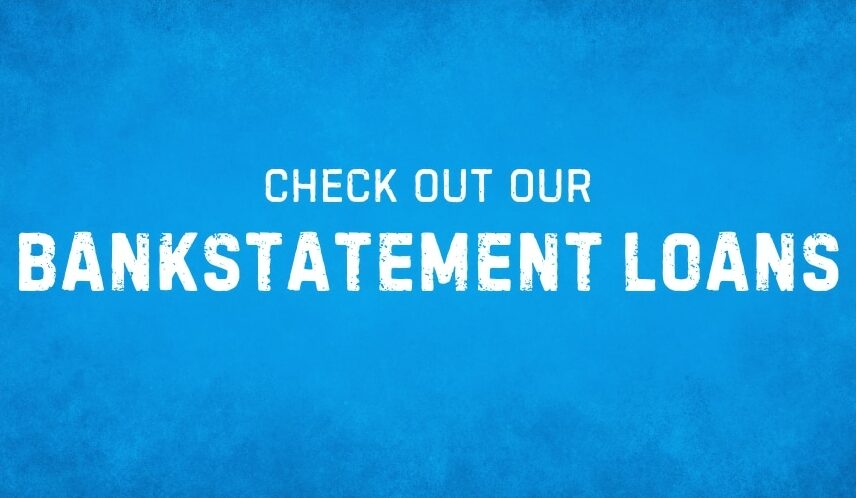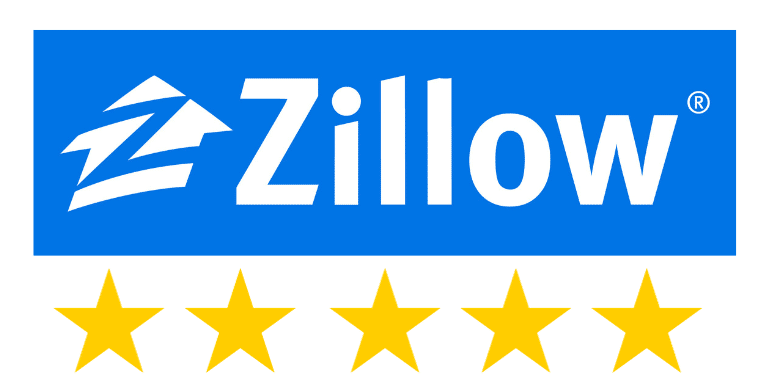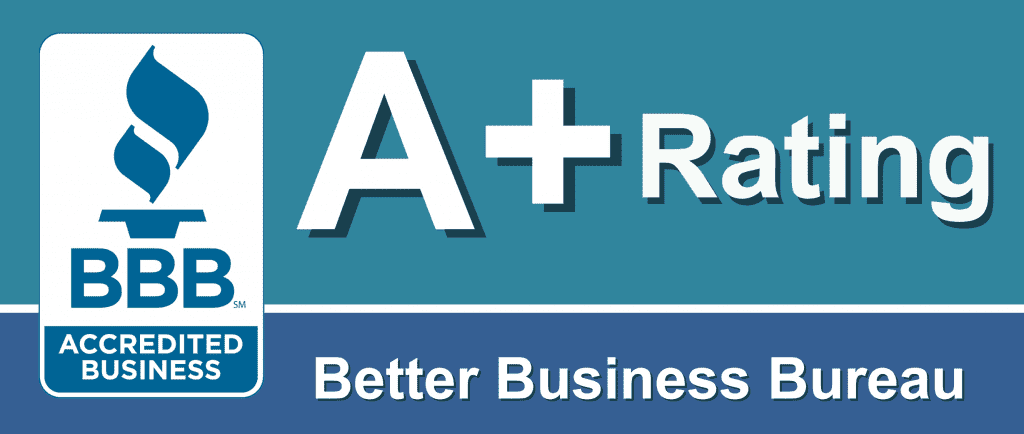How To Get The Lowest Mortgage Rate
Every loan applicant wants to know how to get the lowest mortgage rate. Before you begin your search, you need to know what are the benefits of getting the lowest mortgage rate, what impacts your rate, and do a rate vs. cost comparison.
Below, you’ll learn the answers to these questions, along with tips from a mortgage pro with 17+ years of experience.
Do You have a question or need a quote?
Contact KevinLow rates, fast closings, and exceptional service.
The benefits of getting the lowest mortgage rate
Here are the benefits of getting the lowest mortgage rate.
- You can afford a more expensive house
- Lower monthly payment
- Improved monthly cash flow
- Future stability
Having the lowest mortgage rate might allow you to buy the home you want rather than the home you’ll settle on. The lowest mortgage rate will help with bringing the payment down.
A lower monthly payment will improve your monthly cash flow. Your improved monthly cash flow will allow you to save more and open the door to the lifestyle you want. Lastly, the lowest mortgage rate will give you stability in a volatile market, and that takes away a lot of the stress a homeowner might have as the market fluctuates in future years.
The benefits of getting the lowest mortgage rate are significant. The financial impact has a long-lasting implication. It’s important to know that not everyone gets the same rate, so let’s go over what impacts your rate.
This is what impacts your mortgage rate
Here is what impacts your mortgage rate when you are shopping for the lowest mortgage rate. Economic conditions, bond market direction, industry loan volume, and the type of loan you are seeking.
Economic Conditions
The current economic conditions will have the biggest impact too your mortgage rate. A strong economy with inflation moving higher than expected means mortgage rates will generally be higher. A stagnate or weak economy with low inflation generally means mortgage rates will be lower.
Bond Market Direction
The bond market has a big impact on shopping for the lowest mortgage rate, and bond markets are directly influenced by current economic conditions. The Mortgage Backed Securities (MBS) market is where mortgage rates originate, and getting the lowest mortgage rate requires a loan officer to have a solid grasp of how the MBS market works.
Industry Loan Volume
Industry loan volume is a key component too what impacts your mortgage rate.
If industry loan volume is high, mortgage lenders will raise mortgage rates to slow the volume of loan applications. If industry loan volume is low, mortgage lenders will improve mortgage rates to increase the number of loan applications they are receiving.
A mortgage lender only has so many underwriters and support staff to facilitate the loan volume they are receiving. It takes months to hire and train new staff, so to slow down the flow of loan applications they are currently receiving, a lender will raise their mortgage rates.
If mortgage rates have been high for a long period of time, and then drop it’s almost certain industry loan volume will be high. And this means mortgage rates will not be as low as expected.
Type Of Loan You Are Seeking
All things being equal, in a stable market, a 30-year fixed rate mortgage has a different rate than a 10-year fixed rate mortgage. So the type of loan you are seeking will impact your ability to get the lowest mortgage rate.
In an unstable market, this doesn’t always apply. In an unstable market, you’ll sometimes see adjustable-rate mortgages have higher rates than fixed-rate mortgages. Or jumbo mortgages will have lower rates than conforming mortgages.
Rate vs. cost comparison
When it comes to closing costs, not all rate quotes are the same, and it’s vital you know what your loan fees, costs, and points are before you move forward with your loan application.
As an example;
A 4.00% 30-year fixed with $1,000 total costs (for everything) is better than a 3.75% rate with $10,000 in total closing costs. So when you get a quote, don’t just focus on points (most loan applicants do).
Here Is How You Can Compare Rate Vs. Cost
Here is how you can compare rate vs. cost when you have two or more loan options.
- Times your monthly payment by the number of months you plan on keeping the loan
- Then add your total fees to that amount
- Do this for each quote to see how much money each option ends up being
Here is an example based on a homeowner who will keep their mortgage for five years (60 months) and what the total amount of money ends up being for each quote:
Quote A
- Rate of 4.50%
- Monthly payment of $1,875
- Cost of $12,000
$1,875 x 60 + $12,000 = $124,500
Quote B
- Rate of 5.00%
- Monthly payment of $2,000
- Cost of $1,000
$2,000 x 60 + $1000 = $121,000
If you are going to keep the mortgage for five years, then the total amount of money you are spending will be lower for Quote B. This shows you that getting the lowest mortgage rate may not always be the best financial decision. That’s why it’s important to do the rate vs. cost comparison.
Questions to ask your loan officer
Here are the questions you need to ask your loan officer before moving forward with a loan application. Asking these questions will help you secure the lowest mortgage rate based on where the economy is at, bond market direction, lender loan volume, and the type of loan you are seeking.
- What is the total cost for everything to lock in this rate and close the loan?
- Does this quote include the rate lock so it doesn’t adjust before closing?
- Do you offer a float-down option if mortgage rates move lower?
I can’t stress this enough, you absolutely need to ask your loan officer these three questions. Not doing so will cost you money. Finding out the total cost for everything (associated with the loan) is key to getting the lowest mortgage rate. Just asking, “What are the points?” allows the loan officer to not disclose other expenses you are paying for, which can get costly.
If you want to lock in the rate you were quoted, find out the terms of that lock. If you need a 30-day lock, make sure the loan officer confirms the quoted rate can be locked for 30 days. Why is this important? Some lenders do not allow you to lock in your rate until you are about to close, which can be risky.
A float-down option is not available with every loan. A float-down option is when you lock in your rate, rates move lower and the mortgage company works with you on getting better terms for your loan. When this is an option, you generally need to see mortgage rates move at least .25% lower (sometimes a .50% lower) before they work with you on a float-down option.
Pro tips for getting the lowest mortgage rate
Here are five pro tips for finding the lowest mortgage rate in California.
- Only work with top-rated mortgage companies
- Only work with a loan officer that has at least five years of experience
- Don’t compare your loan to someone else’s loan
- Stay away from call centers
These are my pro tips for getting the lowest mortgage rate. Only work with top-rated mortgage companies since some companies quote rates they can’t close. Making sure your loan officer has at least five years of experience means they have the knowledge, expertise, and relationships to help you get the lowest rate possible.
Avoid comparing your loan to someone else’s. Comparing your loan to someone else’s will only lead to inaction and stress. One, you don’t know if the person is telling the truth. Second, most loan applicants don’t know everything about their loan (specifically with respect to the fees they paid). Lastly, you don’t know the circumstances surrounding their loan.
As mentioned, economic conditions, bond market direction, industry loan volume, and the type of loan you are seeking all impact mortgage rates. And most likely, the person you are talking to had a different set of circumstances than the circumstances you are facing. Just focus on you and your mortgage options.
The reason why you want to stay away from call centers is this: the loan officers are less experienced, they might end up pushing the loan that makes them the most money, and they typically provide a lower level of customer service. It’s a rare occurrence for a new loan officer to be with the same call center for more than six months, let alone years.
Common questions loan applicants have
Here are some common questions loan applicants have on how to find the lowest mortgage rate.
Does The Fed Set Mortgage Rates?
No, the Fed does not set mortgage rates. The Fed only influences mortgage rates with actions and statements. If a loan officer tells you differently, find a new loan officer.
Which Is Lower, A Fixed-Rate Or An Adjustable-Rate?
You might be surprised to hear this, but sometimes a fixed rate is lower than an adjustable rate.
I’m not talking about comparing a 10-year fixed rate to a 7-1 adjustable rate. In this comparison, a 10 year-fixed rate is usually always lower but comes with a higher monthly payment since the monthly payment is based on 120 monthly payments. The 7-1 adjustable rate monthly payment is based on 360 months months.
A fixed rate is sometimes lower than an adjustable-rate in times of instability in the market. During market instability a 30 year-fixed rate might be lower than most (or all) adjustable-rate terms.
When Should I Lock My Rate?
If you would rather be on the safe side, lock your rate as soon as you can. If you can tolerate some risk, and the market appears to be moving lower, then maybe wait a bit longer to lock in your rate. Discuss your options with your loan officer and set a plan for locking in your rate.
Do Mortgage Brokers Have The Lowest Mortgage Rates?
Often times top-rated mortgage brokers do have the lowest mortgage rates. Here are the reasons why: they have access to more options, they typically have a lower cost structure, and they don’t have the name recognition that large banks or lenders have (so they have to be more competitive than them to attract business).
Does My Lender Always Have The Lowest Mortgage Rates?
No. Loan volume and lender cost structure can change daily, directly impacting the mortgage rates they offer.
Do You have a question or need a quote?
Contact KevinLow rates, fast closings, and exceptional service.
The bottom line on getting the lowest mortgage rate
Economic conditions, bond market direction, industry loan volume, and the type of loan you are seeking all impact your ability to get the lowest mortgage rate. If you are working with a top-rated mortgage company, and a loan officer with five years of experience (or more) you’ll put yourself in the best position possible to get the lowest mortgage rate.


